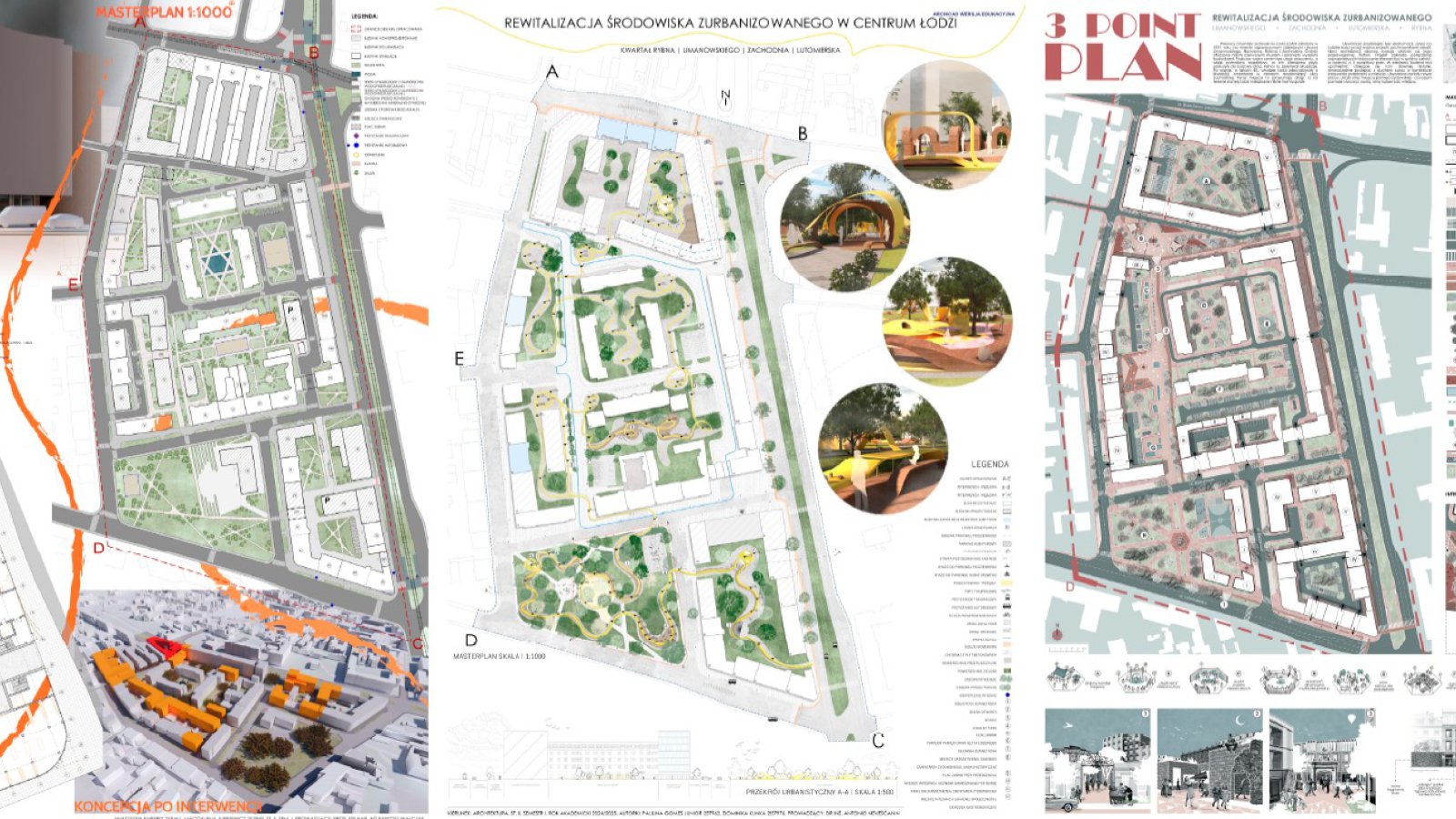
New Publication: Implementing Sustainable Transformation in the Built Environment
We are pleased to share a new open-access publication that contributes to the advancement of the New European Bauhaus initiative and supports the goals of the European Green Deal.
- Title: Implementing Sustainable Transformation in the Built Environment: Evaluation of the Experimental Phase of the New European Bauhaus Academy Alliance Pilot Project
- Author: Anetta Kepczynska-Walczak, Lodz University of Technology
- Published in: Sustainability, Volume 17, Issue 13 (2025)
Abstract : The built environment plays a critical role in achieving climate neutrality, yet the construction sector continues to contribute significantly to carbon emissions and resource depletion. This study evaluates the experimental phase of the New European Bauhaus Academy (NEBA) Alliance pilot project, which aims to support sustainable transformation in the built environment through the integration of circular economy principles, adaptive reuse, and nature-based solutions. Conducted at the Lodz University of Technology, the pilot study involved interdisciplinary modules combining Building Information Modeling (BIM), urban regeneration strategies, and sustainable material use. A mixed-methods approach was employed, including structured surveys and qualitative analysis of student projects, to assess the effectiveness of these interventions. The results indicate that the pilot project successfully enhanced the participants’ understanding of sustainable design practices and their application in real-world architectural and urban contexts. Participants demonstrated increased competence in using digital tools for low-carbon design and in proposing regenerative solutions for existing urban fabric. The findings suggest that targeted, design-led initiatives can contribute meaningfully to the transformation of the built environment, aligning with the goals of the European Green Deal and the New European Bauhaus. This study offers a replicable model for embedding sustainability into professional practice through applied, context-sensitive strategies.
Keywords: sustainable transformation, built environment, circular design, New European Bauhaus, architectural education
